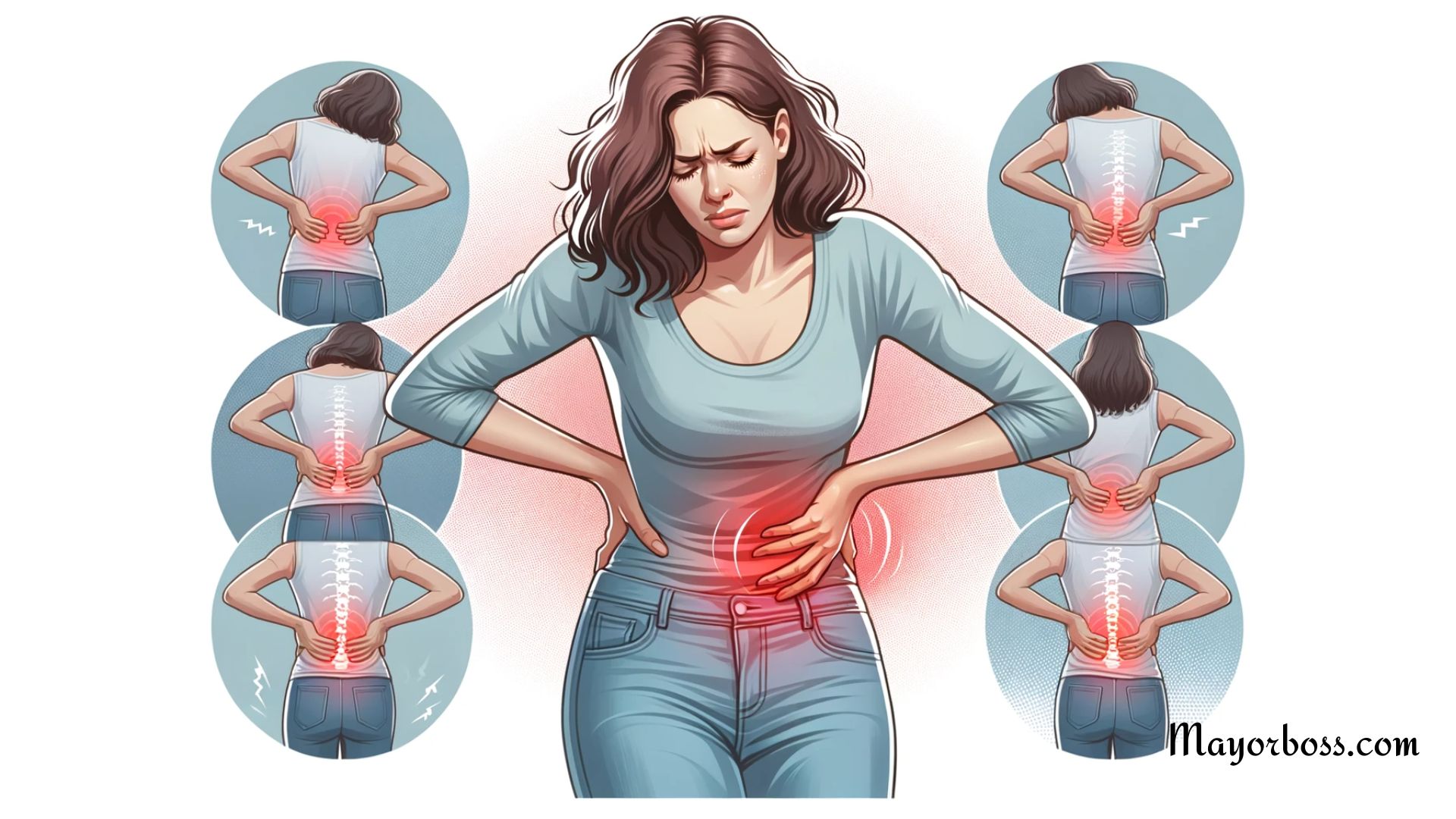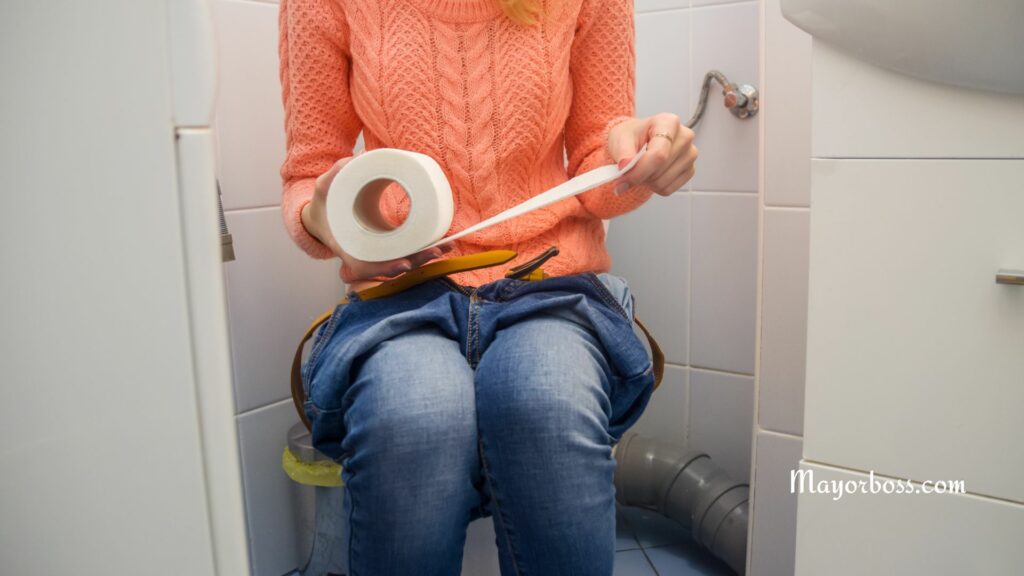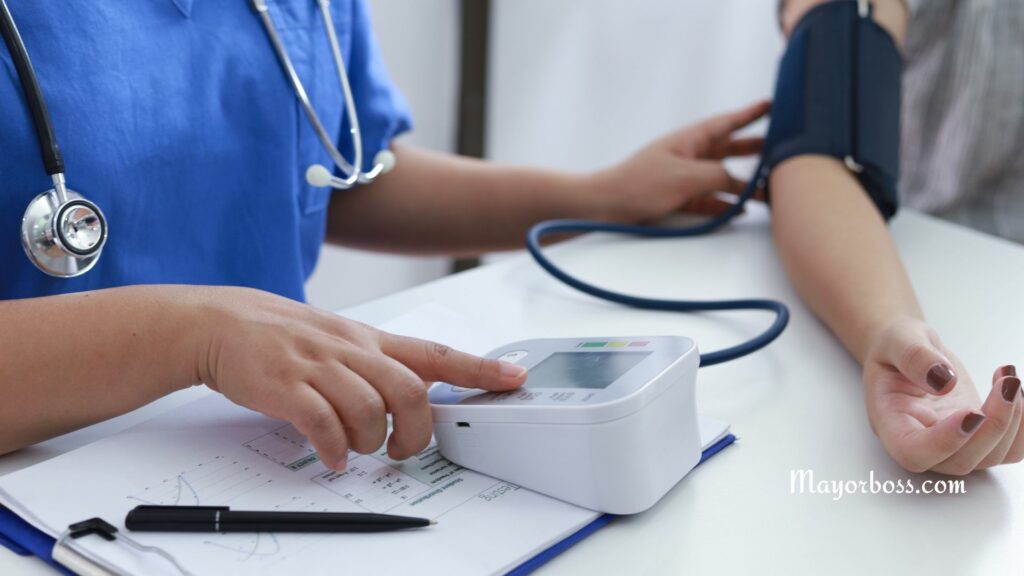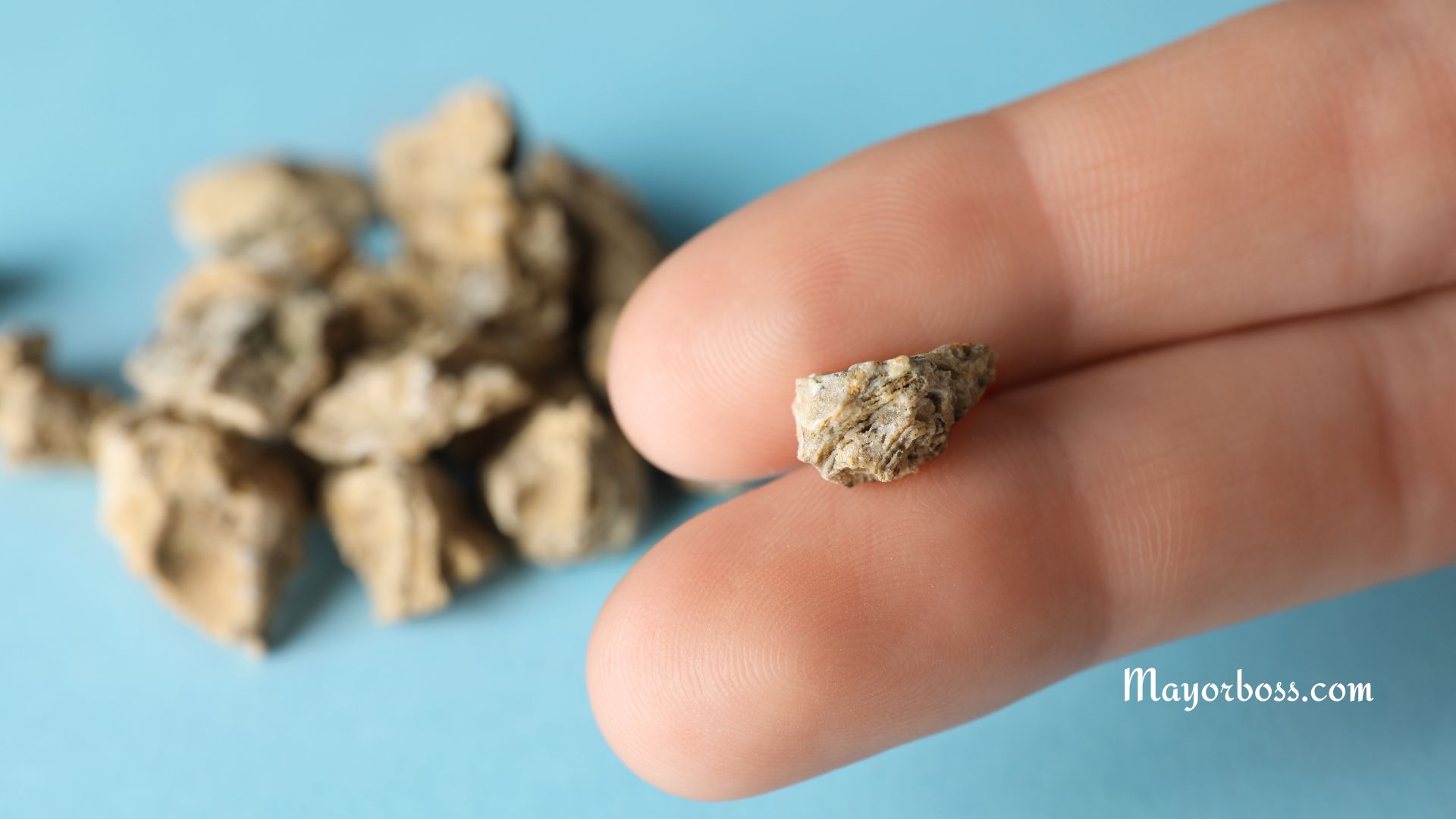Early Warning Signs of Kidney Damage You Shouldn’t Ignore
Are you looking for the early warning signs of kidney damage? Your kidneys play a crucial role in filtering waste from your blood, regulating electrolytes, and maintaining a healthy balance of fluids in your body. When they’re not working right, it can lead to serious health problems.
So, how do you know if your kidneys are in jeopardy? Look out for these warning signs that might indicate kidney damage. These symptoms can range from changes in urination and swelling to skin rashes and fatigue.
Signs Of Kidney Damage

Unusual Urination Patterns
When you notice a change in how often you need to go, take it seriously. Normally, your kidneys filter out waste and extra fluids to produce urine. If there’s a problem, you might see signs like:
- Less frequent urination
- More frequent urination, especially at night
- Dark yellow or bloody urine
- Foamy urine
So, if you spot any of these changes, consider it a red flag. According to the National Kidney Foundation, abnormalities in urination are often early signs of kidney issues.

Swelling in Specific Body Parts
Are your hands, feet, or ankles looking puffier than usual? This could mean your kidneys aren’t removing extra fluids efficiently. Consequently, this fluid accumulates in specific body parts, causing noticeable swelling. Don’t brush this off as mere weight gain or temporary puffiness.
Persistent Fatigue and Weakness
Your kidneys also produce a hormone called erythropoietin, which helps in making red blood cells. If your kidneys aren’t functioning well, they won’t make enough of this hormone. As a result, you’ll have fewer red blood cells carrying oxygen, making you feel constantly tired or weak. According to the National Library of Medicine, chronic fatigue is a common symptom of kidney disease.
Skin Rashes and Itching
Another important job of your kidneys is to filter out waste from your blood. When they fail to do so, waste builds up, and it can manifest as itchy, dry skin or even rashes. So, if you’re applying moisturizer and still itching, it might be more than just dry skin.

Bad Breath and Metallic Taste
When waste accumulates in your body due to poor kidney function, you might experience a metallic taste in your mouth or even bad breath. Despite brushing and flossing, the problem may persist. A metallic taste can indicate a buildup of waste in the blood, which is a sign of kidney trouble.
Trouble Focusing and Dizziness
If your kidneys are not filtering properly, waste can affect your brain function. You might find it hard to concentrate, or you could feel dizzy and disoriented. According to neurological studies, symptoms like these can often be linked back to kidney problems.
High Blood Pressure
Your kidneys play a role in controlling your blood pressure. So, when they’re not operating at their best, it can result in elevated blood pressure levels. High blood pressure is both a cause and a symptom of kidney damage. In short, it creates a vicious cycle that further deteriorates kidney function.

Unexpected Weight Loss or Gain
If you notice an unexplained change in your weight, it could also be a warning sign of kidney damage. The imbalance of fluids and electrolytes can make you feel nauseated or lose your appetite, causing weight loss. Conversely, the buildup of fluids can cause weight gain.
Puffiness Around Eyes and Ankles
If you notice that you’re getting puffy or swollen around your eyes or ankles, this could be another red flag. Your kidneys are responsible for balancing fluids in your body. When they’re not working as they should, you’ll likely retain water and salt. This excess fluid can then accumulate in certain areas, causing puffiness.
Blood in Urine
Blood in your urine is a symptom that you shouldn’t ignore. This could indicate that the kidneys’ filtering units are damaged, allowing protein or blood to pass into the urine. Immediately consult a healthcare provider for appropriate tests and evaluation.
Unexplained Back Pain
If you start experiencing back pain, especially in the area where your kidneys are located, this could be a sign of kidney problems. This pain can range from mild to severe and may come and go.

In essence, these signs shouldn’t be ignored. Pay attention to them and consult a healthcare professional for proper diagnosis and treatment.
Further Reading: 6 Things Your Kidneys Want You to Do

